Publications
Articles, publications, books, tools and multimedia features from the U.S. Institute of Peace provide the latest news, analysis, research findings, practitioner guides and reports, all related to the conflict zones and issues that are at the center of the Institute’s work to prevent and reduce violent conflict.

War and the Church in Ukraine
Vladimir Putin’s war to reverse Ukraine’s independence includes religion. For centuries, the Russian Orthodox Church bolstered Moscow’s rule by wielding ecclesiastical authority over Ukrainian churches. Since early 2019, Ukraine has had a self-governing Orthodox Church of Ukraine. Russia’s invasion has sharpened tensions between it and the rival branch historically linked to Moscow. Any conciliation between them could shrink areas for conflict — and the Kremlin’s ability to stir chaos — in a postwar Ukraine. It would bolster Ukraine’s future stability and reinforce a decline in Russia’s historically massive influence across the Orthodox Christian world. But can Ukrainians make that happen?
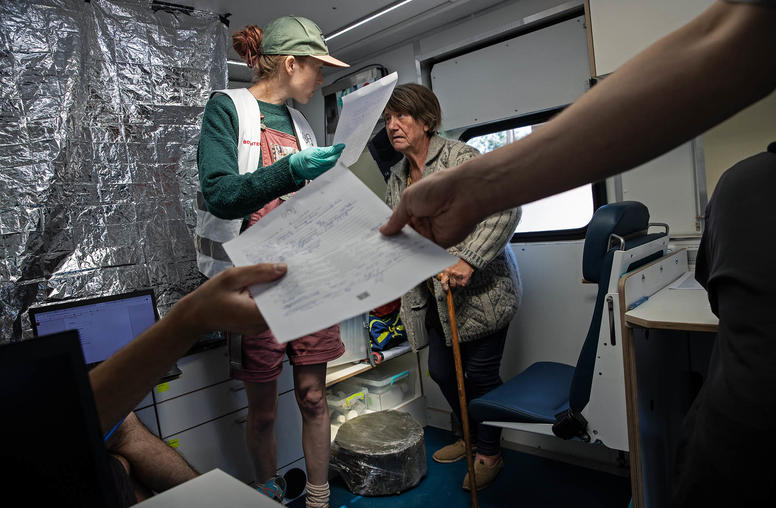
One Vital Change Can Advance Long-Term Peace in Ukraine
While NATO’s recent summit consolidated the transatlantic consensus that a peaceful Europe requires a democratic and inclusive Ukraine, Ukrainians’ heroic struggle for that democracy must overcome old corruptions, plus new traumas inflicted by Vladimir Putin’s war. A pillar of any democracy is civil society — the constellation of citizens’ groups that, more than government, can understand and heal domestic conflicts. So as international partners support Ukraine’s rebuilding from war, we must urgently engage its vibrant civil society — not as a mere adjunct to government efforts, but as a primary designer and engine of the political and cultural changes that peace will require.
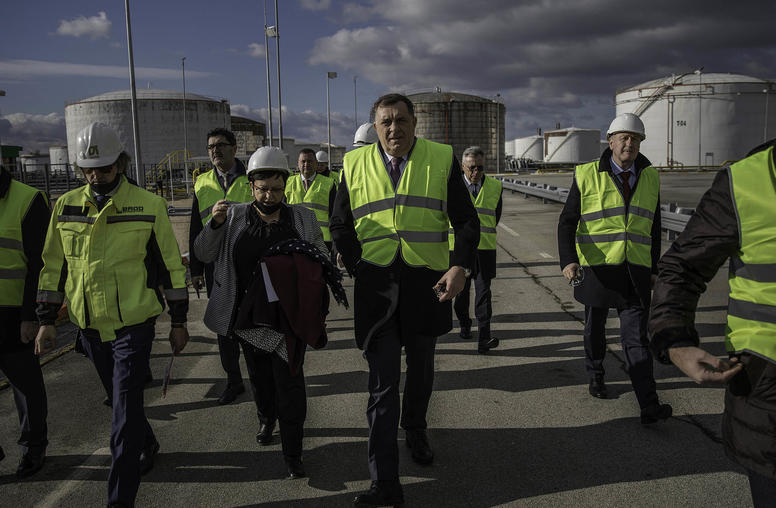
Dislodging Putin’s Foothold in the Balkans
The impact of Russia’s invasion of Ukraine on the Balkans can only be understood by considering Moscow’s malign influence in the region from a broader perspective. While Russia has specific objectives related to each individual country in the region, its overall objective is clearly to target the Western Balkans through a divide and rule approach, using multiple tools of influence. While the United States and its European partners focus on the war in Ukraine, Russia is taking the opportunity to nibble away at NATO’s borders and to sow discord in countries hoping to some day present a strong case for joining the European Union.
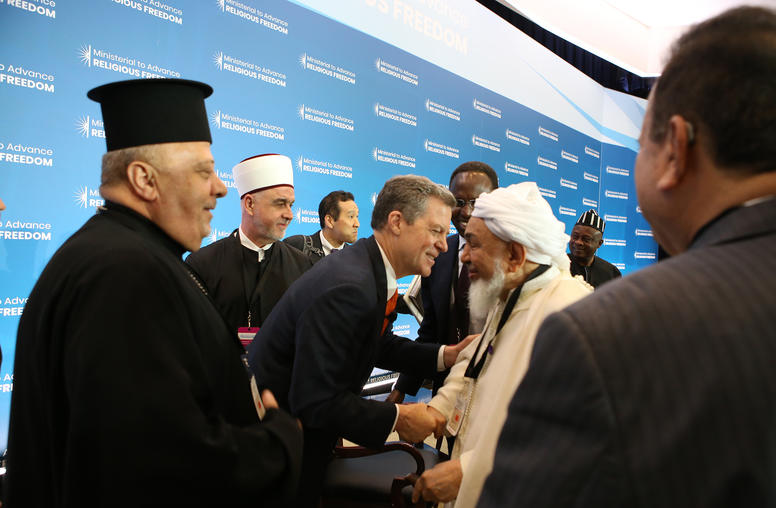
Four Thoughts on Advancing Religious Engagement in Diplomacy and Development
After nearly 20 years and across three successive U.S. administrations, it is clear that a bipartisan consensus exists among senior foreign affairs leadership that engaging religious actors to advance key American diplomatic, national security, and development objectives needs to be a priority. With some 84 percent of the world’s population expressing a faith affiliation, the role of religion as a social force around the world—and one that figures centrally in many peacebuilding contexts—cannot be ignored in our foreign relations.
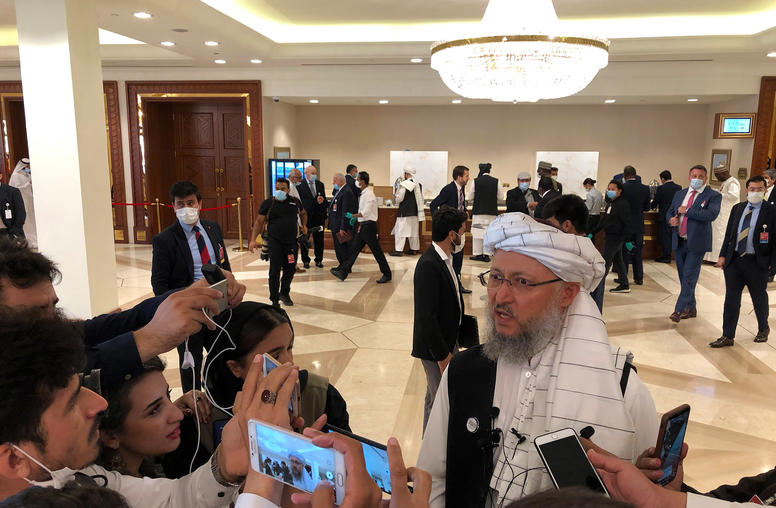
Whither Islam in Afghanistan’s Political System After the Taliban Talks?
The question of how and where Islam should fit into future legal and political frameworks has emerged as a major sticking point in the talks between the Taliban and the Afghan government in Qatar. How this question is resolved will be closely watched by Afghans, who want to ensure their hard-won rights are not sacrificed for the sake of a deal with the Taliban—Afghan women in particular have much at stake. The international community will similarly scrutinize the outcome, and their engagement with Afghanistan after the talks is expected to be conditioned on the contours of any political settlement.

The Role of Religion in Russia’s War on Ukraine
On March 6, Russian Orthodox Patriarch Kirill stood to deliver the sermon that traditionally ushers in the beginning of the Orthodox Lent. However, the most notable theme of his sermon had little to do with the annual period of Christian fasting. Instead, the patriarch chose to address a subject at the forefront of everyone’s minds: the Russian invasion of Ukraine.
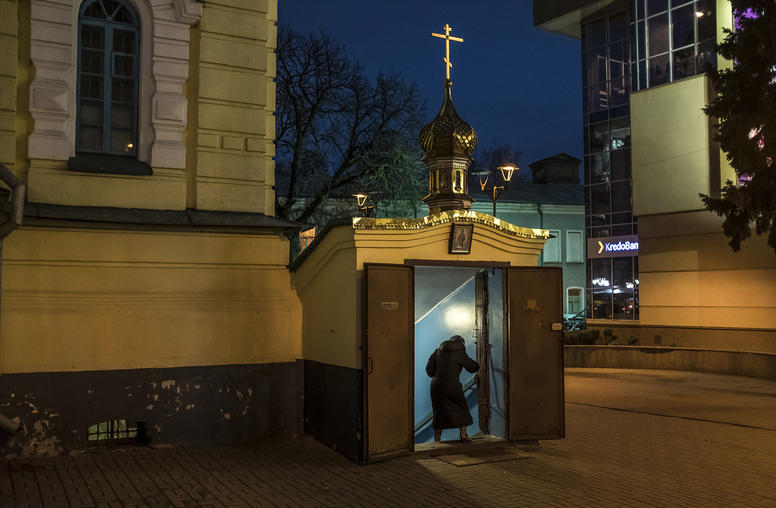
How Putin Turned Religion’s ‘Sharp Power’ Against Ukraine
Long before Russia positioned military forces along Ukraine’s border or menaced its neighbor with cyber-attacks and economic pressure, Moscow deployed another, under-appreciated weapon increasingly used by rising global powers: the transformation of religious soft power into what is known among some scholars of authoritarianism as “sharp power.”
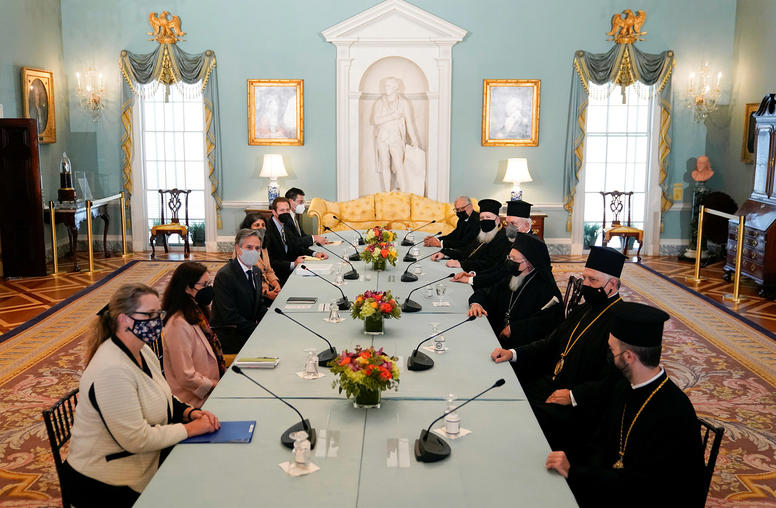
Advancing Global Peace and Security through Religious Engagement: Lessons to Improve U.S. Policy
Since 2001, when the Bush administration created a unit within the White House to work on faith-based initiatives, Democratic and Republican administrations alike have sought to engage religious actors worldwide in support of their diplomatic, development, and defense initiatives. This report, based on the authors’ decades of experience working within and outside government, offers specific suggestions for steps the U.S. government can take to clarify the nature of its religious engagement mission and to better coordinate that mission in relation to its other peacebuilding and national security priorities.
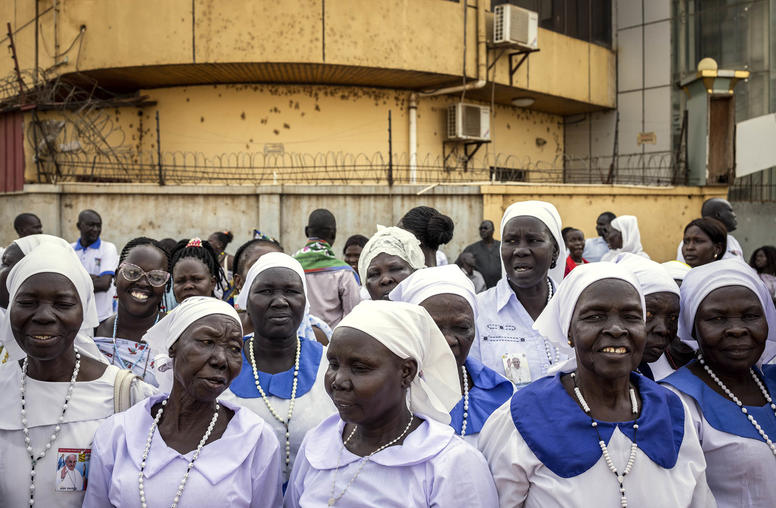
The U.S. Strategy for International Religious Engagement: 10 Years On
In 2013, the United States adopted its first ever “National Strategy on Integrating Religious Leader and Faith Community Engagement into U.S. Foreign Policy.” This White House strategy acknowledged the significant contributions of religious leaders and faith communities to human rights, global health and development, and conflict mitigation; and provided an interagency blueprint for integrating more robust engagement with religious actors across a broad range of foreign policy and national security issues. A decade later religious engagement remains a vital but underdeveloped capacity in U.S. foreign policy, and the strategy’s 10th anniversary offers a natural opportunity to revitalize strategic thinking and spur new action on this agenda.
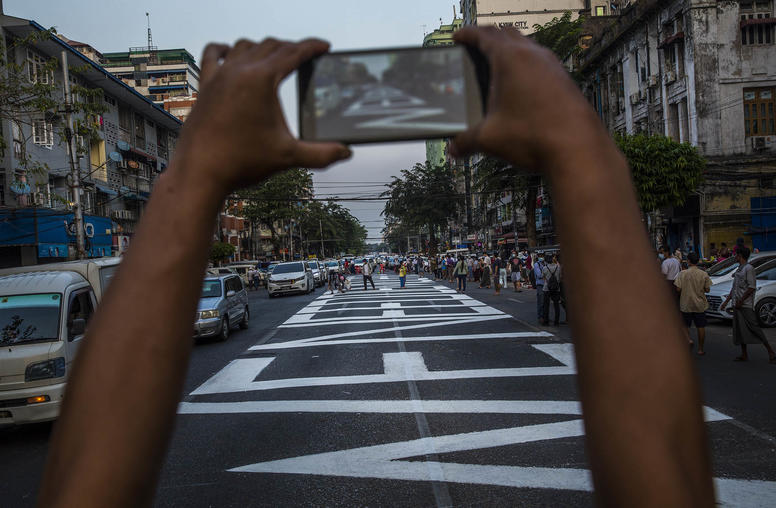
A New Approach for Digital Media, Peace and Conflict
Discussions about the negative effects of online communication on society — including its potential to contribute to violent conflict — tend to focus primarily on misinformation and disinformation. The former refers to factually incorrect information that manages to reach audiences at scale, whereas the latter refers to inaccurate information that is spread deliberately and malignantly by some actor or agent in order to produce specific perceptions and outcomes in physical or digital space.